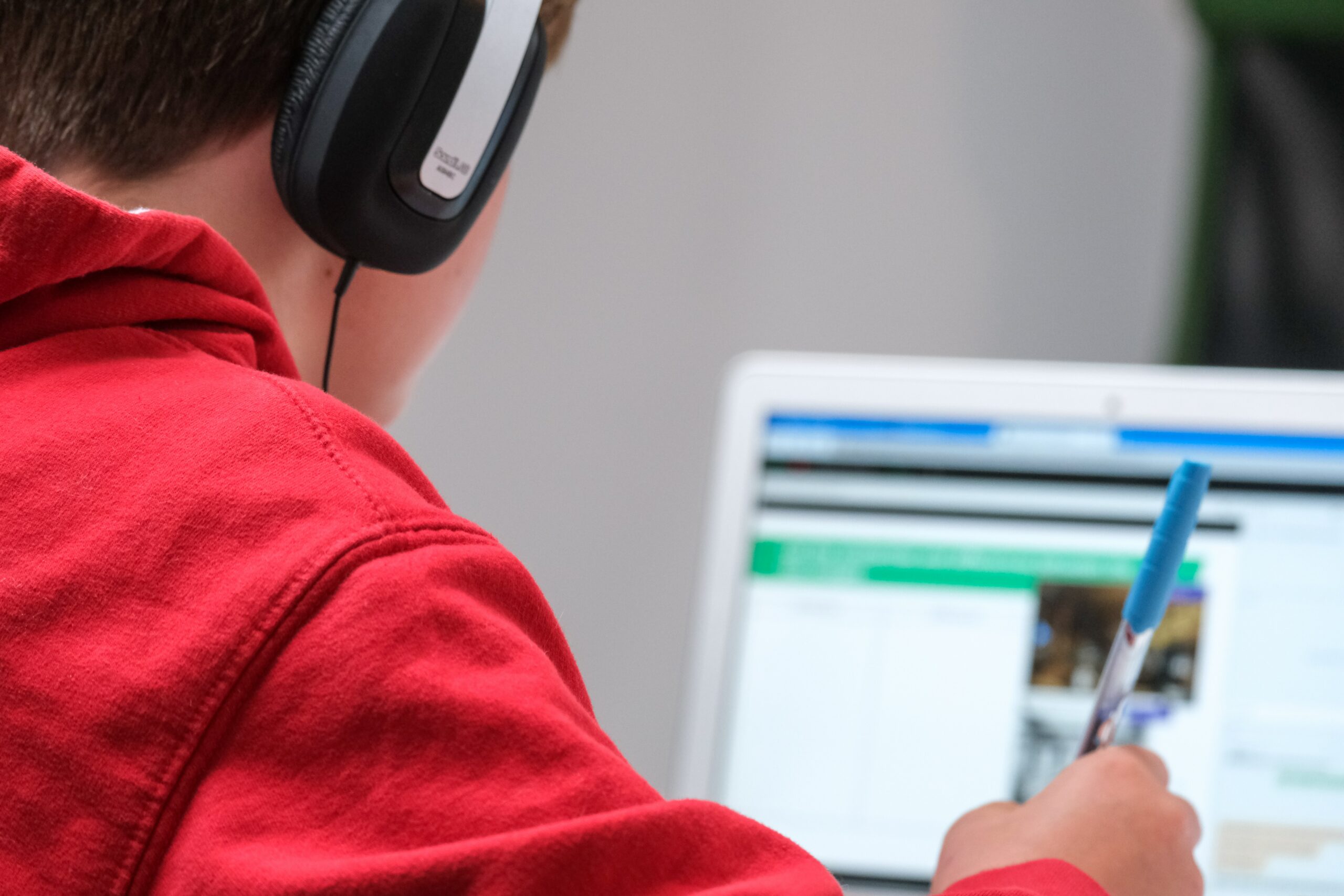Students with disabilities failed by Ontario’s Education System
Universities knowingly lack accessible resources for students with disabilities.
The year was 2018. I was in my first year of my undergraduate studies at the University of Western Ontario (UWO). I remember experiencing intense emotions. I was anxious, stressed, excited, and confused—feelings shared by almost every student beginning university. I had never anticipated the added challenges of living away from home—especially with Multiple Sclerosis.
I felt more ill than ever before. Gaps between my classes were spent napping or attending doctors’ appointments at the campus Health and Wellness Centre. And after class, I found myself waiting in the emergency room at University Hospital in London.
I was falling behind. My grades were low. And all my accessibility advisor had to offer was advice on dropping my courses, so I was forced into taking a lighter course load. I went from taking five courses a semester, to four, to three, and eventually, two. No one was listening to the concerns I had. My chronic illness wasn’t going to magically go away or get better, and I didn’t want to spend ten years completing my undergrad—not that there’s anything wrong with that.
Most of my symptoms made it difficult to physically be on campus. Especially on days where I had classes from 8 a.m. to 8 p.m. I often had numbness, tingling, severe fatigue, pain, muscle spasms, and pseudoseziures.
I decided to transfer to the University of Toronto Mississauga, which was closer to home, allowing me to have extra support from my parents when it came to dropping me off to class, picking up my homework, and taking me to doctor’s appointments. I had to transfer because it was nearly impossible to do well while staying in my old environment. If I couldn’t attend a lecture or class in-person, there was no other option I had.
When the pandemic began, schools in Canada quickly moved to remote learning. UWO released a statement, like many other universities, announcing that effective the next school day, students would not need to attend in-person classes and instead would learn online through platforms like Zoom. Student safety was their “number one priority.”
It didn’t seem to matter when students like myself, who are disabled, struggled emotionally and physically to attend classes prior to the pandemic. Why does “student safety” matter to them now?
If I had an online learning option during my time at UWO, I wouldn’t have had to drop so many courses and miss so many classes. I could have attended classes remotely, and instead of falling behind, I would’ve been following along with the rest of my class. But no matter how many times I went to the accessibility office, remote learning was never an option.
Not to mention, I was always worrying about my health. Being severely immunocompromised meant that I had to take extra precautions even before Covid-19. If I caught the seasonal flu, I was glued to my pillow for weeks or hooked up to an intravenous device, receiving fluids. The university didn’t feel the need to protect my health or ensure I was safe then.
Virtual solutions can help disabled students overcome many of the physical challenges they experience accessing education. Online education for disabled students provides them with equitable access as nobody has to jostle for space in a crowded theatre or struggle to hear a lecturer.
And if the countless issues and complaints brought up by disabled students weren’t enough to demonstrate the importance of remote learning, Nicholas Gelbar, an Associate Research Professor at the Neag School of Education, conducted a study to consolidate it even further. Gelbar’s study, published in the Journal of Postsecondary Education and Disability, surveyed students regarding the abrupt transition to online education in the spring semester of 2020. After tabulating the data collected from 340 student survey responses on personal experiences with remote learning, Gelbar concluded that “[disabled students] were able to change how they took notes, because they were able to watch an online lecture and then watch it over again.”
Universities should consider adding remote learning as an accessibility accommodation for students with disabilities. By doing so, we make education more accessible to students and create a warm, safe, and inclusive institution. And to those who continue to, or have ever battled this, I stand with you. Mental health should never be ignored, regardless of your circumstances.

